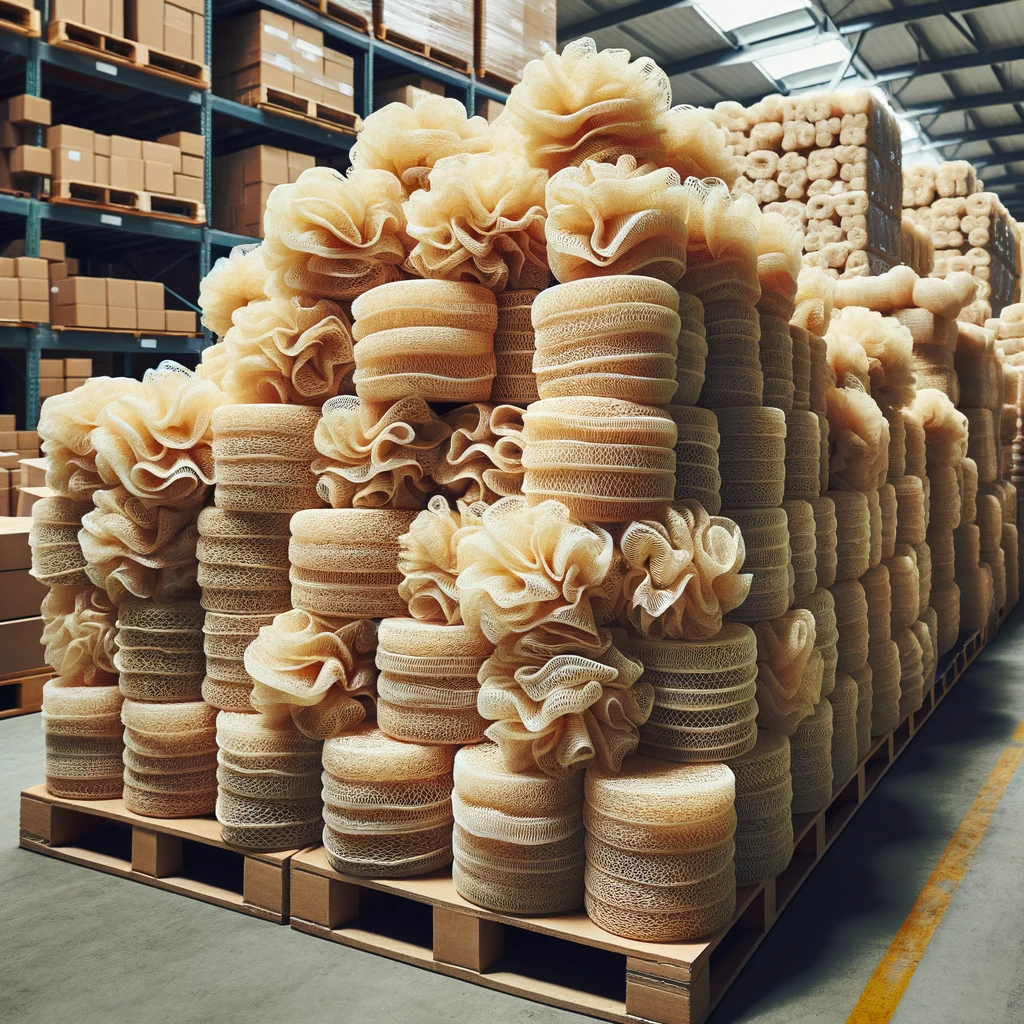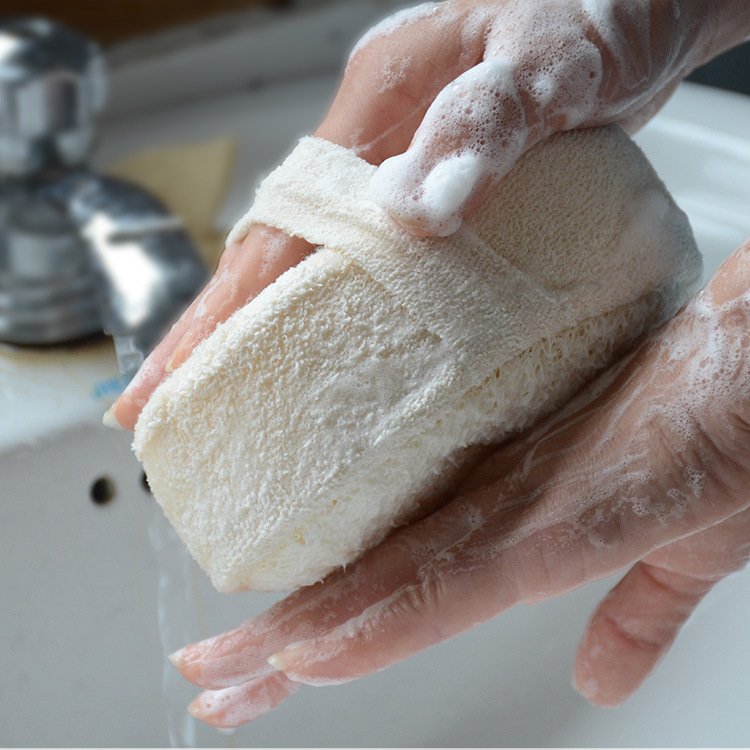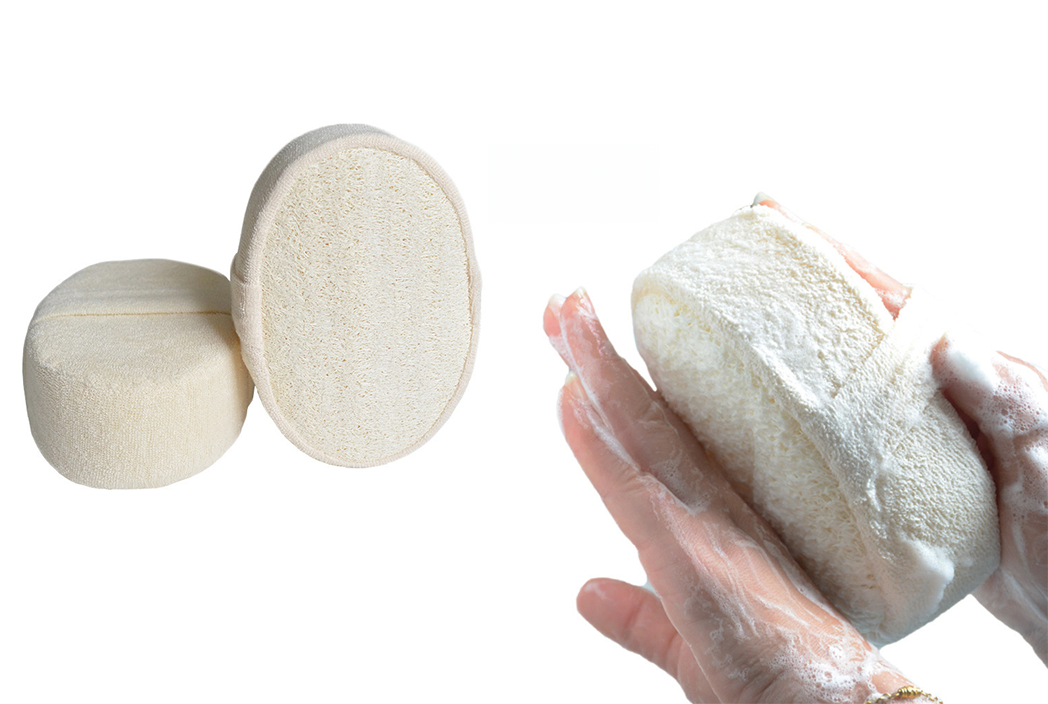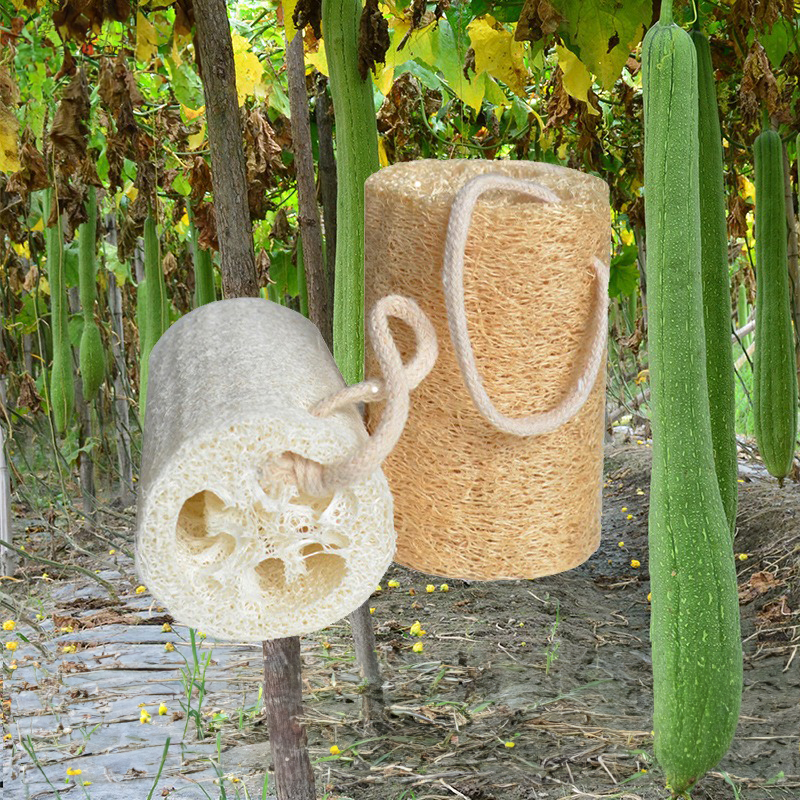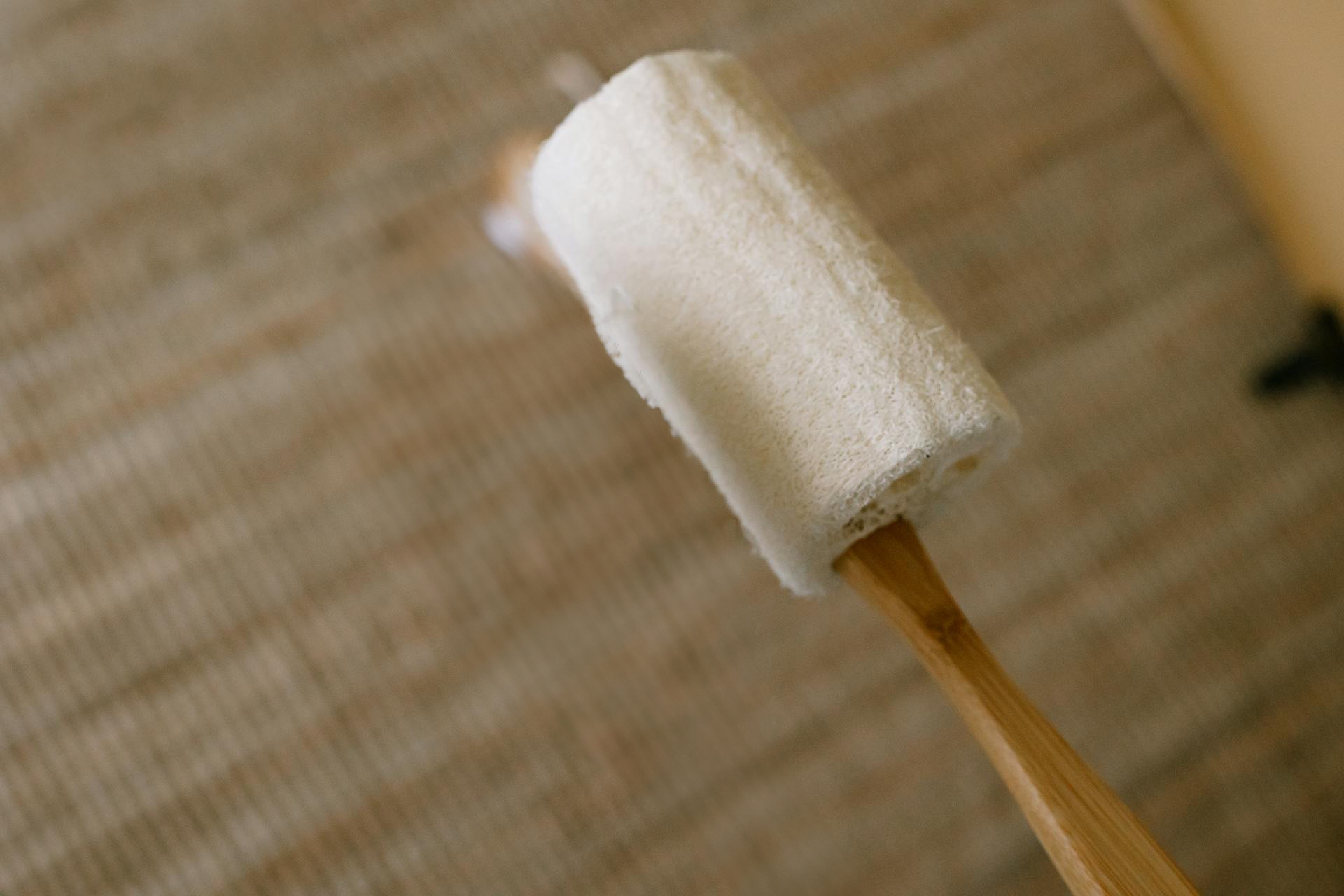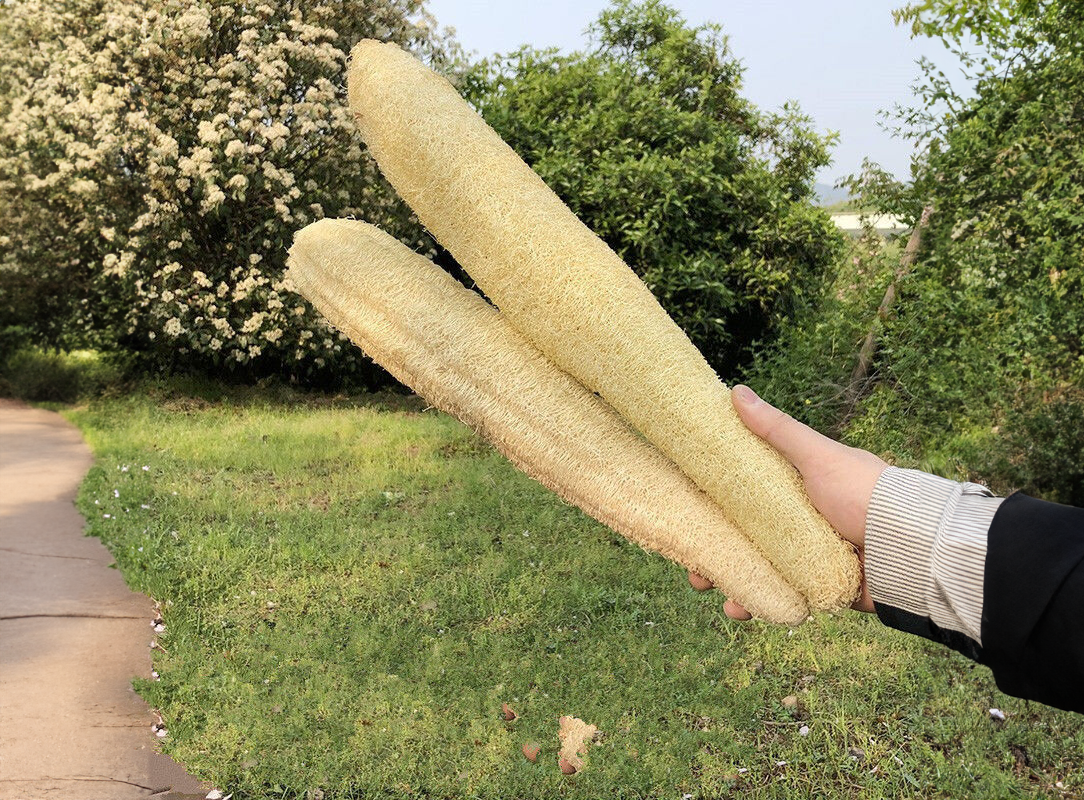Introduction:
In today’s world, sustainability is key, and even our daily household items are going green. Eco-friendly dish sponge, eco sponge, and eco washing up sponge are all part of this eco-revolution. These eco-conscious cleaning tools have gained popularity for their minimal environmental impact and effective cleaning abilities. In this article, we’ll explore the various types of environmentally friendly sponges, discuss their advantages and disadvantages, and provide you with detailed reviews and data to help you make an informed choice. If you are in search of an eco-friendly dish sponge or an eco washing up sponge, you’ve come to the right place.

Main Part:
Types of Environmentally Friendly Sponges:
- Cellulose
- Coconut
- Sisal
- Hemp
- Loofah
- Bamboo
- Konjac
Material Information, Advantages, and Disadvantages:
Cellulose Sponge:
- Material: Biodegradable wood pulp
- Advantages: Absorbent, durable, and great for scrubbing. When it comes to choosing an eco-friendly dish sponge or an eco washing up sponge, the cellulose variety is a sustainable option to consider.
- Disadvantages: May break down faster compared to other options.
Coconut Sponge:
- Material: Made from coconut husks
- Advantages: Natural, durable, and excellent for tough scrubbing. An eco-friendly dish sponge like the coconut sponge is an excellent choice for eco-conscious consumers. It’s also a sturdy option for an eco washing up sponge.
- Disadvantages: May be rough on delicate surfaces.
Sisal Sponge:
- Material: Derived from agave plants
- Advantages: Sturdy, natural, and great for exfoliating. Sisal sponges are the go-to option for an eco washing up sponge.
- Disadvantages: Not as absorbent as other sponges.
Hemp Sponge:
- Material: Made from hemp fibers
- Advantages: Biodegradable, long-lasting, and absorbent. An eco-friendly dish sponge made of hemp is both sustainable and effective. It’s a great choice for an eco washing up sponge.
- Disadvantages: May require additional care to prevent mold.
Loofah Sponge:
- Material: Derived from the loofah plant
- Advantages: Exfoliating, natural, and great for skin and dishes. The eco-friendly dish sponge known as the loofah is a versatile choice for various cleaning needs. It’s also an excellent eco washing up sponge.
- Disadvantages: Prone to wear and tear.
Bamboo Sponge:
- Material: Made from sustainable bamboo
- Advantages: Environmentally friendly, durable, and gentle. When it comes to an eco washing up sponge, bamboo is an excellent option.
- Disadvantages: May not be as absorbent as other sponges.
Konjac Sponge:
- Material: Made from konjac root
- Advantages: Natural, gentle, and suitable for sensitive skin. A konjac eco sponge is perfect for those with sensitive skin. It’s also a gentle eco washing up sponge.
- Disadvantages: May break down faster than others.
Detailed Reviews:
| Sponge Type | Absorbency | Durability | Eco-friendliness | Price |
|---|---|---|---|---|
| Cellulose | 4/5 | 3/5 | 4/5 | $ |
| Coconut | 5/5 | 4/5 | 5/5 | $$ |
| Sisal | 3/5 | 4/5 | 5/5 | $$ |
| Hemp | 4/5 | 5/5 | 4/5 | $$ |
| Loofah | 4/5 | 3/5 | 4/5 | $ |
| Bamboo | 3/5 | 5/5 | 5/5 | $$ |
| Konjac | 3/5 | 3/5 | 4/5 | $$ |
Explanation of Ratings:
- Absorbency: The rating for how well each sponge type absorbs liquid, with 5 being the highest and 1 the lowest.
- Durability: The rating for the overall lifespan and sturdiness of each sponge type, with 5 being the highest and 1 the lowest.
- Eco-friendliness: The rating for how environmentally friendly each sponge type is, considering materials and production methods, with 5 being the highest and 1 the lowest.
- Price: A general indication of the price range, with “$” indicating a lower price and “$$” indicating a moderate price.
These ratings provide readers with a quick comparison of each sponge type’s key attributes, helping them make an informed decision based on their specific needs and preferences.
Conclusion: In conclusion, eco-friendly sponges are a fantastic choice for those who want to reduce their environmental impact while maintaining a clean home. Each type of eco sponge has its own unique qualities, so consider your needs and preferences when making a selection. We hope this guide has been helpful in your journey toward a more sustainable and eco-conscious lifestyle.
FAQ:
Q1: How long do eco-friendly sponges last?
A1: The lifespan of eco-friendly sponges varies by type and usage but can typically range from a few weeks to several months. Refer to the specific sponge type section for more details.
Q2: Are eco-friendly sponges suitable for sensitive skin?
A2: Yes, some eco sponges, like the Konjac sponge, are gentle and perfect for sensitive skin. Always read product descriptions and user reviews for specific recommendations.
Q3: Where can I purchase these eco sponges?
A3: You can find eco-friendly sponges at local stores, eco-friendly retailers, or online marketplaces. Check the reviews section for links to purchase options.

